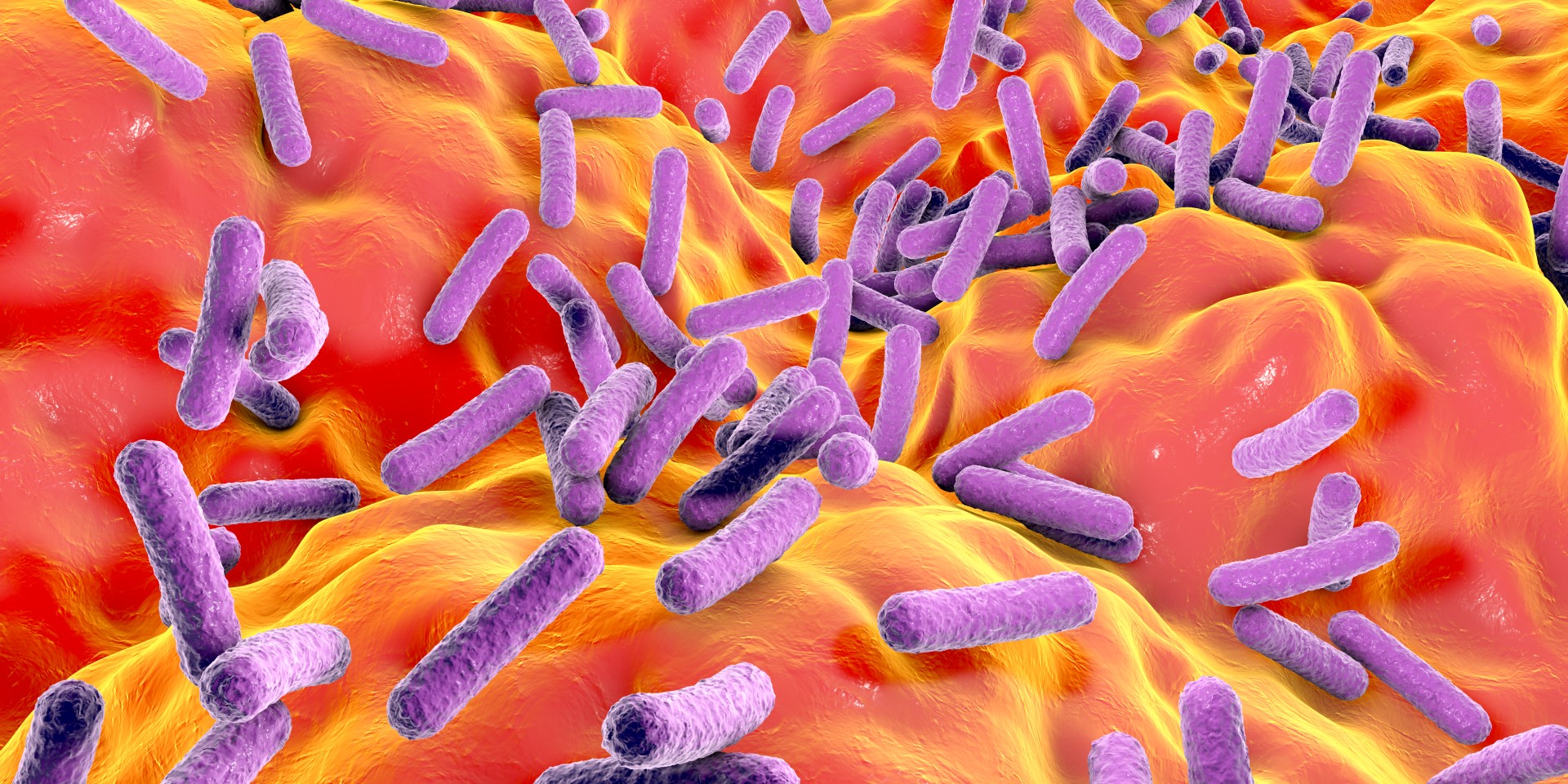
Endometriosis is notoriously difficult to diagnose. Now, scientists have devised a new way to spot the condition — by looking for a unique collection of metabolites in poop that could potentially be detected with a simple test.
These metabolites are made by microbes in the gut as by-products of their metabolism when the bacteria digest the food we eat. Some metabolites released by gut bacteria make their way through the digestive system and end up in our poop, which means they can be detected in a stool sample.
Scientists had previously identified a link between distinct changes in the gut microbiome — the community of microbes in the colon — and endometriosis, a debilitating disease in which tissue that normally lines the uterus grows elsewhere in the body. Endometriosis can cause chronic pelvic pain, inflammation and impaired fertility, and historically it's been difficult to diagnose.
Related: Endometriosis may quadruple risk of ovarian cancer, study finds
In the new study, published Friday (Oct. 11) in the journal Med, researchers demonstrated for the first time that a distinct signature of metabolites in poop could be used to efficiently flag the disease. The hope is that such a test could someday be incorporated into the diagnostic workup for endometriosis.
While the test wouldn't replace conventional diagnostic approaches, it could provide a simple way to check if a person likely has endometriosis before they commit to getting an invasive surgical procedure.
"When women suspect that they may have symptoms of endometriosis, they could take this non-invasive test and have some certainty that 'Ok, I might have this disease,'" Rama Kommagani, study co-author and an associate professor of pathology at Baylor College of Medicine, told Live Science.
In the U.S., it currently takes an average of 11 years for people with symptoms of endometriosis to be diagnosed. Some symptoms of the condition are non-specific, meaning they appear in many other diseases. For instance, chronic pelvic pain can also occur in conditions like fibroids or pelvic inflammatory disease.
The process of being diagnosed with endometriosis normally begins with doctors taking a full medical history of a patient and conducting a complete physical and pelvic exam. They may also choose to do an ultrasound or magnetic resonance imaging (MRI) scan. However, the only certain way to diagnose the condition is with a keyhole surgery known as laparoscopy.
A stool test could potentially ease this arduous process. To see if such a test is feasible, the study researchers compared the metabolites and bacteria found in stool samples from 18 women with endometriosis and 31 women without the condition.

They found that the people with endometriosis had lower levels of "beneficial" bacteria in their poop than people without the condition. These include Roseburia bacteria, for example, which have been shown to have anti-inflammatory properties.
The researchers also found that metabolites in the poop of women with endometriosis significantly differed from those in samples from those without the condition. In particular, one bacterial metabolite called 4-hydroxyindole was present in much lower levels in the stool samples of women with endometriosis than those without.
In separate experiments, the team transplanted cells from human endometriotic tissue into mice, effectively giving the rodents the disease. When the scientists injected the mice with 4-hydroxyindole, they found that the metabolite reduced the growth of the endometriotic tissue. Simultaneously, the levels of inflammation and disease-associated pain went down in the mice. This hints that 4-hydroxyindole may have some protective role against the disease — but this effect needs to be confirmed in studies with humans.
If the same patterns are seen in people, it is possible that low levels of 4-hydroxyindole could be used to diagnose endometriosis, while somehow supplementing the metabolite could potentially treat it, Kommagani said.
Kommagani and colleagues are now working with commercial partners to evaluate the safety and efficacy of 4-hydroxyindole as a potential drug to treat endometriosis. In addition, the researchers are now developing a stool test based on the findings of their study, and they intend to test it in a clinical trial.
The current study only looked at a small number of people with endometriosis, so an important next step is to determine whether the findings are generalizable to the wider population.
If everything pans out, the team hopes that such a test could be available to patients within the next two to three years, with the ultimate goal of releasing the test for at-home use, Kommagani said.
Ever wonder why some people build muscle more easily than others or why freckles come out in the sun? Send us your questions about how the human body works to community@livescience.com with the subject line "Health Desk Q," and you may see your question answered on the website!







